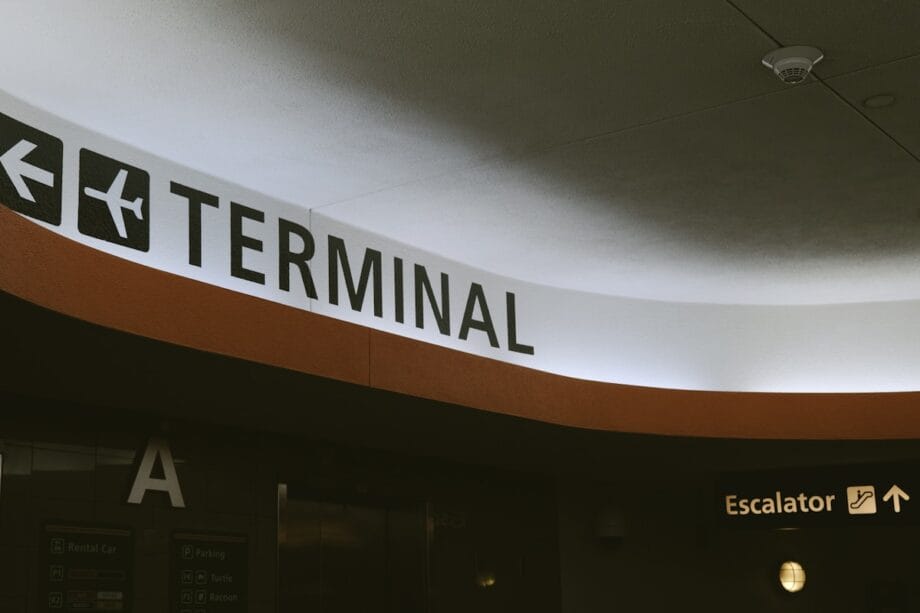Significant Cyberattack Disrupts Major European Airports
A daunting cyberattack targeting a prominent aviation software firm has precipitated considerable turmoil across essential European airports, including London’s Heathrow, Brussels, and Berlin. This attack culminated in hundreds of flight delays and cancellations on Saturday.
The incident incapacitated electronic check-in and baggage drop systems, compelling airport personnel to revert to manual processing methods. Consequently, thousands of passengers found themselves stranded in protracted lines.
According to reports from the BBC, the disruption emanated from a “cyber-related interference” aimed at Collins Aerospace, a subsidiary of RTX (formerly known as Raytheon Technologies).
Notably, the company’s Muse software—which facilitates the sharing of check-in desks, boarding gates, and baggage systems among various airlines—was rendered inoperative.
In the aftermath, airports had no choice but to sever connections to the compromised systems and manage passenger processing in a manual manner, leading to pronounced operational delays.
Brussels Airport noted that the assault transpired on Friday evening, resulting in a “significant impact on the flight schedule,” with numerous delays and cancellations reported. Meanwhile, Berlin’s Brandenburg Airport confirmed extended waiting times, while Ireland’s Dublin and Cork airports experienced a “minor impact,” with some airlines reverting to manual check-in processes.
The technical malfunction bred chaos for travelers. At Heathrow’s Terminal 4, passengers recounted waiting over two hours, as airline personnel manually tagged luggage and processed check-ins via phone calls.

Lucy Spencer, a passenger at the terminal, disclosed to the BBC that mobile boarding passes failed to function at the gates, compelling travelers to return to the check-in counters, where hundreds were already queuing.
RTX acknowledged the cyberattack on its Collins Aerospace software at “select airports,” noting that the ramifications were confined to “electronic customer check-in and baggage drop.”
The company emphasized that the disruption could be mitigated through manual check-in procedures and assured that its teams were “actively working to resolve the issue and restore full functionality.”
In the interim, affected airports, including Heathrow, deployed additional staff to assist passengers and encouraged travelers to verify their flight statuses with their respective airlines prior to proceeding to the airport.
As reported by flight tracking service FlightAware, hundreds of flights faced delays across these airports throughout Saturday. Notably, Brussels Airport alone confirmed ten cancellations and 17 flights delayed by over an hour.
Source link: Cybersecuritynews.com.






